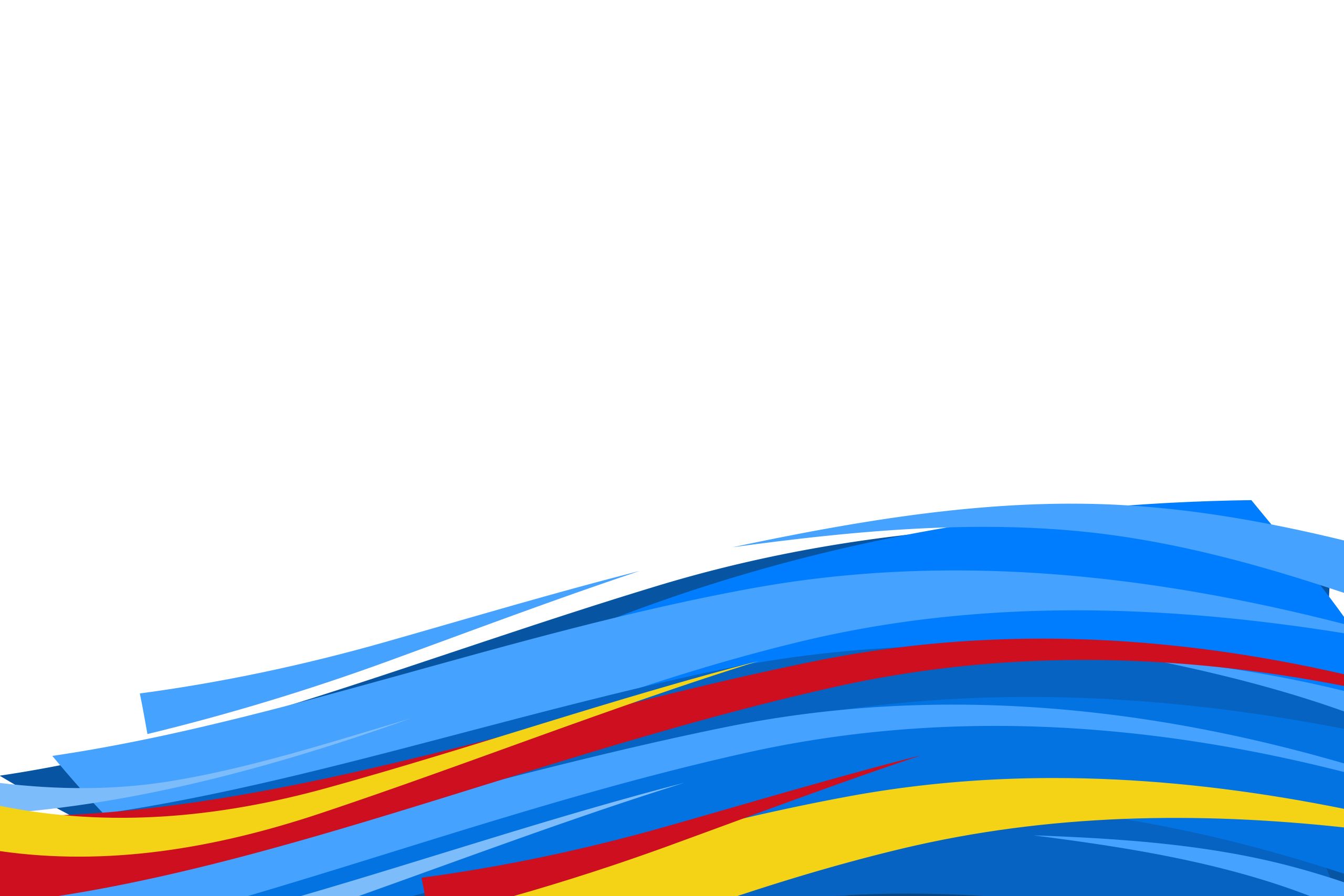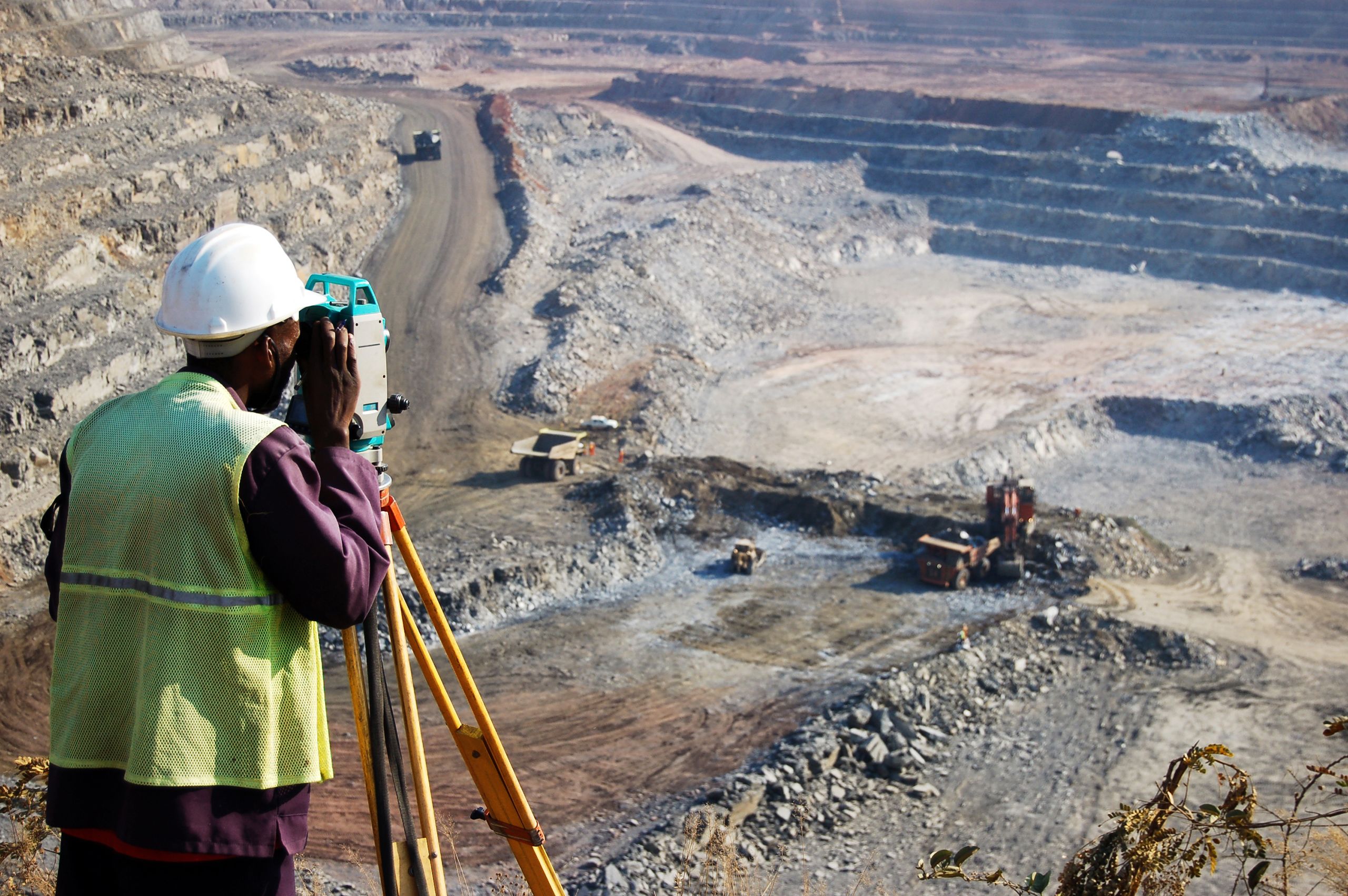Strategic minerals, strategic alliances:
Charting a New Course
in DRC

As the Democratic Republic of the Congo heads towards the polls this December, it is time for the West to reconsider its strategy in the heart of Africa, write Georges Kapiamba, Carbone Beni and Franck Fwamba of the NGO Coalition for the Recovery of Mining, Oil and Forestry Assets of the Congolese People (CORAC).
Missed opportunities
The global race to net-zero has drawn the world’s largest economies into a competition to secure rare earth metals. This has driven a wave of interest in our country, which is home to the world’s largest reserves of cobalt, alongside copper, coltan, lithium, tantalum and germanium – without which sustainable energy systems and clean technologies of the future cannot be delivered. DRC has found itself at the forefront of the international struggle for critical minerals.
Even though the supply of cobalt has grown significantly – with prices at near-historic lows – the US and EU have not been effective in securing resilience in their supply chains.
Policymakers in both jurisdictions have rushed to legislate as they seek to address the problems of mineral supply. The 2022 US Inflation Reduction Act made provisions for new mined and processed projects – but these will be limited in capacity. Recognising this, earlier this year, the Republicans introduced a Building Relationships and Increasing Democratic Governance through Engagement (BRIDGE) to DRC Act, which requires the creation of a national strategy for securing critical mineral supply chains. The Bill explicitly responds to the fact that 15 out of 19 cobalt producing mines are operated by Chinese companies and frames the question as a national security threat. The same concerns have driven the passing of the EU’s Critical Raw Materials Act, which was approved by the European Parliament on 14 September 2023.
The West is becoming increasingly aware of its dependence on Beijing for key strategic commodities; with almost 80 per cent of the world’s cobalt refined in the People’s Republic of China, it is entering the race with a substantial handicap. This corresponds to the geopolitical powers’ relative economic links to DRC: the US, which used to have a leading presence in the country, imports around US$4 million of precious minerals from DRC annually, which is negligible in comparison to over US$7 billion in Congolese metals alone imported every year by China. Just as the US suffers from lack of access to a reliable supply of critical minerals, DRC is missing out on the benefits of healthy commercial competition between Chinese and Western investors and is also deprived of opportunities to develop corporate governance protocols and business practices associated with Western corporates.
China’s presence in the DRC’s mines is to some extent a threat to environmental protection and respect for human rights, given certain reports from local NGOs on Zijin’s operations at Compagnie Minière de Musonoie (Commus) and Kamoa Copper Mining (Kamoa).
In the gold sector, Congolese civil society is increasingly denouncing the destruction and pollution of the environment and the violation of indigenous rights in Maniema, the two Kivu provinces and the provinces of the former Orientale Province.
Officials also spoke out, as did a number of miners, including Dr Mark Bristow, President and CEO of Barrick Corporation, who denounced the pollution and destruction of biodiversity in the Kibali Golmine area by illegal, mechanised artisanal mining of gold deposits on the perimeter of the state-owned Sokimo company by the Chinese.
While the DRC’s mines should also be used for ‘Mining Diplomacy’ to secure and develop the eastern part of the country, as is the case in the Zone where Kibali, the subsidiary of the Western company Barrick Gold, operates, the Chinese have just turned it into a reservoir from which to draw in compliance with standards and with no thought for the local communities. They don’t have a clear CSR policy, contrary to the provisions of the mining legislation revised in 2018.
The DRC needs countries with binding laws against their companies on certain standards when they operate abroad.
Lack of long-term engagement
The fragility of long-term access to critical minerals for Western states is not accidental. US foreign policy in relation to our country has oscillated between strategic indifference and targeted intervention.
Time and again, the US has deployed superficial and short-term measures in response to challenges faced by DRC. When the country experienced political instability that saw rebel groups profit from the mineral trade, the US branded its resources ‘conflict minerals’ and introduced legislation – The Dodd-Frank Wall Street Reform – forcing companies to carry out supply chain due diligence and declare minerals sourced from DRC. As the BRIDGE to DRC Act acknowledges, this effectively punished the people of Congo. It led to an increase in illicit trade through neighbouring countries as businesses avoided having to deal with DRC altogether. This impacted the livelihood of hundreds of thousands of families, impairing their ability to earn a living and forcing many to turn to unregulated artisanal mining, while failing to address the root causes of violence. The same pattern can be observed on the corporate level: concerns about appalling labour conditions suffered by workers in DRC have led to corporate boycotts of the country and campaigns to withdraw from it, instead of initiatives to develop sustainable and ethical mining practices.
The impact of this over time is hard to overstate. DRC has suffered a long-term negative impact on its reputation, which has been extremely damaging for a young democracy struggling to derive economic and community benefits from its mineral reserves (the estimated value of which stands at US$24 trillion). The West, meanwhile, turned away from the country, instead of working closely with DRC, listening to its people and establishing an alliance that would guarantee security of supply for years to come.
Potential solutions
Some mistakes are easier to learn from than others. The sale of Tenke Fungurume in 2016 to state-linked China Molybdenum Co Ltd (CMOC) belongs in the easy category. A significant factor in China’s rise to dominance was the sale of unique assets to strategic competitors by Western companies. As recently as in December 2020, Tenke Fungurume’s former owner Freeport-McMoRan Inc sold its 95 per cent share in the Kisanfu copper-cobalt deposit to CMOC, giving up control of an undeveloped source that is set to become one of the world’s largest cobalt mines from 2024. This will fuel China’s clean energy revolution.
But ‘not selling critical assets’ will not suffice as a strategy. A more intelligent learning from this situation would be to consider China’s contribution to development in Congo, which accompanied its acquisitions of mines. This has seen the flow of Chinese foreign direct investment consistently exceed that of the US since 2013. Beijing has funded and executed multi-billion-dollar infrastructure projects in the country since 2007, building roads, hospitals, schools, and railways. It also maintained trade across a wide range of goods in high volumes. US investment, in contrast, has been of a targeted and extractive nature. If it is serious about becoming a strategic partner to DRC, the US should focus on making the country richer.

The BRIDGE to DRC Act is a positive step in principle, and so is the building of a new US Embassy in Kinshasa, which commenced in August this year. But the scale of actual impact presently delivered by the US remains extremely limited. The announcement of the project boasted a US$1.4 million investment in DRC since April 2023. This pales in comparison to the opportunities the US could unlock for the people of DRC.
First, the US should create attractive conditions for its companies to build sustainable partnerships with DRC mining companies – Gecamines, Cominiere, Sakima, Kisenge Manganese – that extract copper, cobalt, lithium, manganese, germanium, galium, tantalum and wolframite. Such partnerships would utilise strategic, and profitable, value chains that would benefit communities throughout the country.
Second, the US Treasury Department should continue to work in harmony with DRC’s Government and civil society to deploy its sanctioning powers for the benefit of the country. The consistent sanctioning of individuals contributing to escalations of violence in the East of the country – a phenomenon that is inseparable from the struggle for mineral resources – has helped to maintain a degree of stability in a highly volatile region. These targeted sanctions, informed by close diplomatic cooperation, have benefited the people of Congo more than the imposition of indiscriminate labelling requirements on Congolese goods.
Our Coalition is grateful that the Office of Foreign Assets Control (OFAC) has repeatedly fulfilled our government’s requests to introduce sanctions. Another example of such success is the sanctions designation of the Israeli businessman Dan Gertler, the calls for which our members initiated and supported. At the time, these helped to secure a peaceful transition of power in 2019. Since then, the government of DRC has secured an unprecedented deal with Gertler, which saw the transfer of nearly US$2 billion of assets and cash back to the country, ending the businessman’s active commercial presence in DRC.
As a result, members of our Coalition issued a letter to the US Secretary of State and Secretary of the Treasury in December 2022 to support President Tshisekedi’s request to lift the sanctions against Dan Gertler, which would allow our country to realise the full value of the transferred assets. By listening to the people of DRC and satisfying the President’s request, the US would provide a much-needed boost to the country’s economy, while also signalling to the world that it is up to people of DRC to make their own choices about the future of the country’s economy and its natural resources.
The upcoming presidential elections in DRC are an important moment, which will once again test the maturity and effectiveness of the country’s institutions. Just as the US needs DRC to guarantee its ability to maintain leadership in the era of sustainable transition, DRC needs the US as a strategic partner to support its growth, development,political stability and security. Both require long-term thinking and consistent, resolute action. It is our mission to ensure that the relationship between the two is built on genuine co-operation and that the decision-making process takes into account the voices from the Congolese civil society, which we seek to represent.
CORAC provides a joint platform for national NGOs in DRC with a shared interest in ensuring that DRC’s natural resources are governed ethically, sustainably, in line with the rule of law and for the benefit of the country’s communities.
About the authors
Georges Kapiamba is the president of Association pour l'Accès à la Justice (ACAJ), an established Congolese human rights NGO that is made up primarily of lawyers and that promotes security and justice reform.
Franck Fwamba is a prominent civil society activist and expert on natural resources governance, serving as a Coordinator for ‘Touche pas à mon cobalt’ campaign, a Director General of the NGO Ressources Naturelles pour le Développement and Coordinator of the Tous Pour la RDC Coalition.
Carbone Beni is President of the Icon Institute for Alternatives (ICONIA), an NGO which provides education and training resources for the country’s civil society leaders and a platform for discussion of transformational ideas. He is a co-founder of the citizen movement Filimbi, which promotes democratic and civic values and campaigns against human rights abuses.
